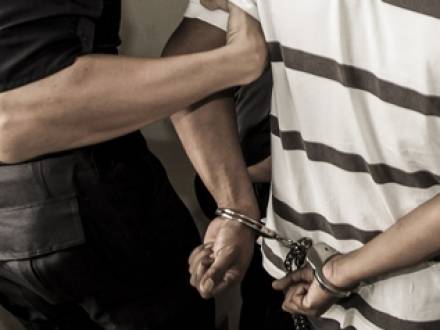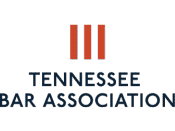False Weapon Threats on Tennessee College Campuses
 Knoxville Police recently received a phone call falsely reporting that a person was on the University of Tennessee campus with a weapon, just days after a similar situation at the Chattanooga campus. The call was received about 1:00 p.m., stating there was a person with a weapon at Hodges Library, and UT police arrived on the scene within one minute. Security cameras in and around the library were reviewed to determine that no real threat existed.
Knoxville Police recently received a phone call falsely reporting that a person was on the University of Tennessee campus with a weapon, just days after a similar situation at the Chattanooga campus. The call was received about 1:00 p.m., stating there was a person with a weapon at Hodges Library, and UT police arrived on the scene within one minute. Security cameras in and around the library were reviewed to determine that no real threat existed.
UT police stated they were fairly sure the call was a hoax from the beginning, and are now working with the FBI to investigate who made the call. Other universities, including Villanova University in Pennsylvania and the University of South Carolina, received similar reports of a gunman on campus around the same time. These reports were also a hoax.
A "joke" about a gun, a prank message, or a false tip about an active shooter can result in a campus lockdown, response by SWAT, and criminal charges for the perpetrator. In Tennessee, intentionally reporting or circulating false information about a weapon, bombing, active shooter, or other emergency by a student can lead to serious state charges and university discipline. If you are being charged with such a crime, it is important that you consult with a Blount County, TN college student crimes lawyer.
What State Crimes Are Committed When a College Student Makes False Reports?
Making a false report regarding an emergency is against Tennessee law (Section 39-16-502), and communicating a threat to school personnel violates Section 39-13-114. Knowingly filing a false report to a law enforcement officer or agency is a Class D felony. If the offense includes intentionally initiating a false report of an impending emergency, like a bombing or fire, it can be elevated to a Class C felony.
A Class D felony can result in a prison sentence of two to 12 years and a fine as large as $5,000. The individual could also be sentenced to probation, rather than prison, especially for first-time offenses that do not involve serious physical harm. A Class C felony is punishable by three to 15 years in prison, and a maximum fine of $10,000. The court can impose both a prison sentence and a fine, plus the individual could be held civilly liable for any damages caused by the false report. In some cases, federal charges may apply.
University Response and Conduct Consequences
Universities treat weapon threats as immediate safety risks, resulting in emergency notifications and immediate lockdowns. Local law enforcement, and in high-risk cases, SWAT, may be included in the response. If the university identifies a student who made a false report, the student may be subject to an administrative hearing, with different standards of proof and remedies, including expulsion, suspension, community service, and mandated counseling. Even if criminal charges are later dropped, campus discipline can proceed independently.
How Are Potential Suspects of Making False Reports Identified?
Law enforcement and campus IT teams will trace the origin of the communication, including phone logs, IP addresses, and cell tower/phone records. Social media posts and messaging apps will be examined, along with university system logs. Telecommunication providers will be asked to identify spoofed numbers and perhaps coordinate with federal partners in cross-jurisdiction or swatting cases. When digital traces exist, prosecutors can identify the originator.
What are Common Defenses to Making a False Report on a College Campus?
While each situation is different, and the exact defense will be based on the facts and circumstances surrounding the offense, the most common defenses include:
- Lack of intent (the individual believed the report was true)
- Third-party impersonation (someone else used the accused’s device or account)
- The defendant was intoxicated or had mental health issues.
- There is insufficient evidence to prove the charges.
Contact a Maryville, TN Criminal Defense Lawyer
If your college student is under investigation for a false weapon threat on a Tennessee university campus, immediate legal advocacy matters. A Blount County, TN student crimes attorney from The Baker Law Firm can preserve your rights during questioning, coordinate with campus counsel for the disciplinary hearing, and negotiate with the prosecutor to minimize criminal exposure and academic consequences. Call 865-200-4117 to schedule your free consultation.
![[[title]](/images/logo.png)








 Map & Directions
Map & Directions


